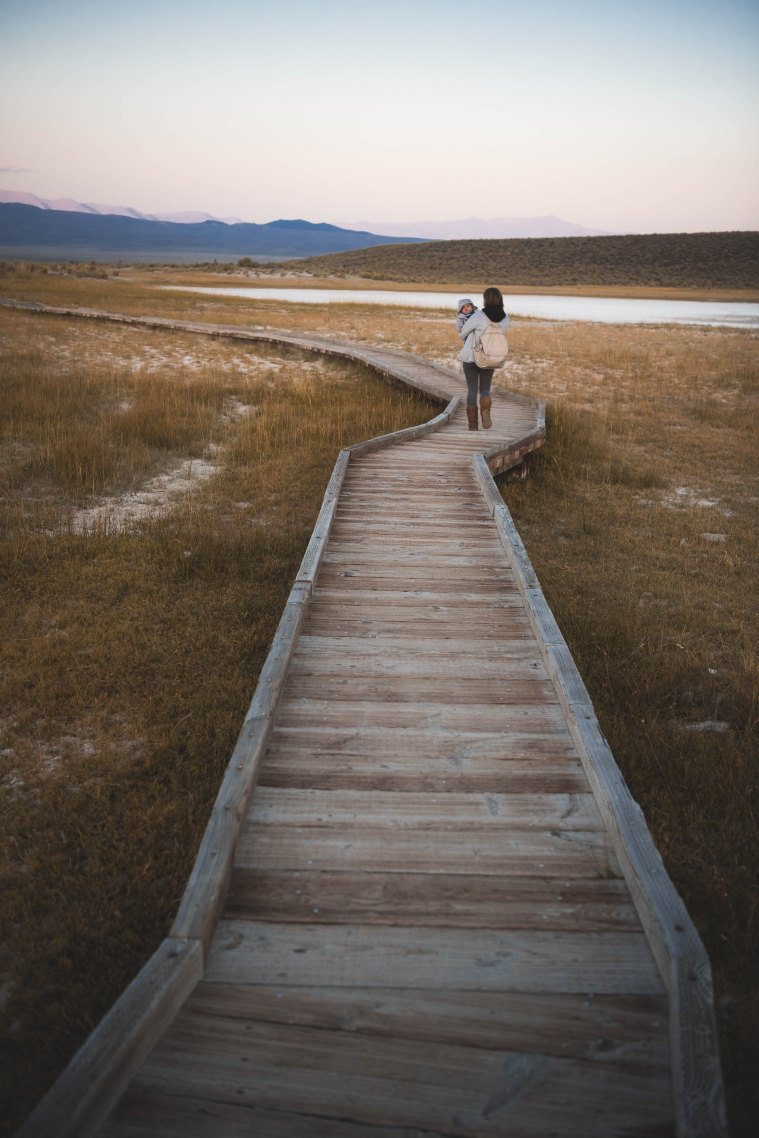
When I was just about to turn 26, the ovarian cancer savaging my mother’s tired internal organs finally completed its violent mission. My mother died on Thursday, July 15, 2010, after a three-year fight she knew she’d lose.
It was a humid summer day and my room was a mess. My brother–or was it my aunt?–knocked on my door that morning, to tell me my mom was gone. Several hours later, I was told there was something left for me on her nightstand. It was a card, addressed to me, while her body still lay in her bed and the hand that penned the message still and limp.
It took me several moments to open the card, but when I did, the message was clear. Full of love and persistent motherly concern. In a shaky hand, she gently urged me to
Find out why you’re so angry all the time.
Before she died, my mother would hug me gently, a body wrapping me in the medicinal scent of chemotherapy drugs and holistic remedies. She’d whisper
I’m sorry I couldn’t help you.
It’s been many years since I received that card, a memento framed and hanging in my hallway outside of my son’s bedroom. It’s displayed in its angel-fronted glory, in a custom frame underneath my son’s first foot and handprints and a portrait of my mother as a preschooler.
Back then, I took her message as a sign that yes, I was angry and her efforts to help had failed. I still attributed my anger to overall jealousy and discontent with the world–I hadn’t yet discovered my rage related to a lifelong history of abuse, racism, and adoption.
The most difficult thing in re-reading her inscription–so lovingly writ!–is acknowledging that she, as well as my father, was a source of that anger. That her choices in adopting me, her inability to progress and open her mind to color, and her inadvertant support of my father’s racist-abusive behavior caused my problems. That my mother, to whom I experienced an unhealthy over-attachment as compensation for adoption-related attachment issues, wasn’t the innocent, well-meaning idol I knew.
A disheartening reality, one most people who lose their parents young must face: Confronting the possibility that your parents weren’t perfect, but unknowingly failed you in many ways.
It’s a complicated love. I love my mother and wish she were still here, playing with her grandson and existing not as a playground ghost but my friend and mom. But realizing her errors and her misconception that my anger was due to anything but her actions cements the wound adoption wove into our relationship.
She died believing she did right, which I suppose is the best way to go. But with her absence, I’ve slowly unfurled her imperfections, not out of disrespect to her but in an effort to free myself from a life chained to grief.
Her memory influences my adoption reflections. I’ve written of our racial differences in Through Her Mirror: What my white mother’s view on makeup taught me as a Korean adoptee and her fundamental misunderstanding of adoption and race in A journey through space, a journey divided. I shared her racial ignorance in Shut Up and Smile. None of this was done maliciously. It’s all part of our story together. The journey she took me on is ultimately one we’d never conclude together, and while honoring her through unflattering memories might not seem loving, it’s a testament to the complex nature of transracial adoption and a mother-daughter relationship.
Perhaps this article’s title is misleading. I have yet to “find myself.” Actually, I dislike generic terminology. Maybe a better way frame this, for myself and other adoptees suffering through loss without their mothers, is
When I Lost My Mother, I Found Freedom

My mother died at 42, when I was 11 to ovarian cancer.
LikeLike
I am so sorry. It’s one of the most dreaded diseases I’ve ever encountered.
-Sunny
LikeLike
I lost my mother eight years ago. I was 35 my son was only 11 and he lost more than just a grandmother. She was everything to him. I understand your pain.
LikeLike
Thank you so much for writing. It’s such a tough situation and we never realize how hard it is on our children. When it’s just us, we think we’re so strong.
Thanks for sharing.
Sunny
LikeLike
Thanks for sharing this. I’m looking forward to reading more from you.
LikeLiked by 1 person
So glad to have found each other here!
LikeLike
I am sorry for your loss. I am so glad that you share your story. You are so brave here to let all of us readers inside. I hope you know how much it helps us adoptive parents to hear your truths.
LikeLiked by 1 person